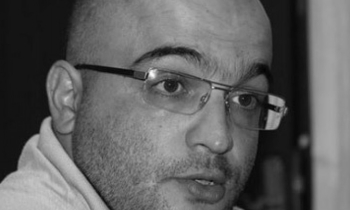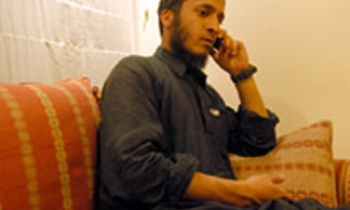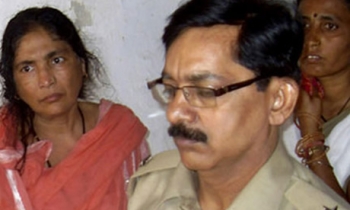(FNJ/IFEX) - A Maoist-affiliated trade union prevented the printing of "Kantipur Daily" and "The Kathmandu Post" on 30 September 2007.
Members of the All Nepal Communication, Printing and Publication Worker's Union entered the printing press of the publications located at Jadibuti, Kathmandu, during the day on 30 September 2007 and secretly damaged two machines used for printing.
According to Balram Baniya, FNJ secretary and senior reporter of "Kantipur" daily, important parts of the machines were damaged. "Kantipur" management informed FNJ that experts from India have been called in to repair the machines, which will take at least four to five days to fix.
The union members entered the publications' premises at approximately 7:00 p.m. (local time) on 30 September and padlocked the main gate to the office. They did not allow the staff to access the office and then they tried to set fire inside the premises with old newspapers and tires. The staff present in the office stopped them.
The gate to the publication's office was later opened forcefully upon the arrival of the police. The group also vandalised managing director Kailash Shiroiya's vehicle, who reached the office along with the police and publication director Binod Gyawali. The police arrested four people, including the president of the union, in connection with the events.
In a meeting held at the publication's office on 1 October, Shiroiya informed FNJ that the management had repeatedly asked the union to engage in dialogue but they would not agree to do so. He added, "This protest is an intentional move to end 'Kantipur' and it is an attack on the whole media fraternity of Nepal."
Similarly, Prateek Pradhan, editor of "The Kathmandu Post" said, "It is not a tussle between management and laborers but it is the Maoist's strategy to gag the press." He asked Ram Chandra Paudel, peace and reconstruction minister, and Sushil Koirala, acting president of the Nepali Congress, to provide security to the publications' office and printing press. He also asked the political leaders to raise the issue in a meeting of the seven-party alliance.
FNJ president Bishnu Nisthuri said, "This issue is now not only limited to Kantipur publications but is related to the whole media fraternity and the seven-party alliance should address it."
The political leaders assured FNJ that they will raise the issue in the seven-party meeting and also expressed their solidarity.
The team then met with Prime Minister Girija Prasad Koirala at his residence at Baluwatar, Kathmandu to discuss the issue. He said, "Press freedom should not be hindered and the government will not keep quiet when press freedom is infringed." He said that the whole Nepali press along with FNJ should be united and fight against such hindrances.
Meanwhile, the union organised a protest outside the publication's premises at 2:00 p.m. on 1 October. They chanted slogans directed against the management. The president of All Nepal Communication, Printing and Publication Worker's Union, Janak Sharma, told FNJ that their protest activities would continue until the management agreed with all the union's demands, including apologising for affiliating the protest with the Maoist party, releasing the four people that were arrested on 20 September, and re-instating the workers that were fired by the management several days earlier. He said, "If the management ignores our demands, 'Kantipur' publications might be history as well."
"Kantipur Daily" and "The Kathmandu Post" could not be published from Kathmandu on 1 October but it was published from its printing presses at Bharatpur and Biratnagar. However, the management informed FNJ that 1,200 copies of "Kantipur" were confiscated by the Maoist-aligned Young Communist League (YCL) at Pokhara on the afternoon of 1 October.
The union launched its protest activities on 26 September by stopping the collection and publication of advertisements in the newspapers. The newspaper was published without advertisements on 27 September and its publication was stopped on 28 September. It came out on 29 and 30 September and its publication was again disrupted on 1 October.
The FNJ has strongly criticised the move and has urged the union to resolve the issues through dialogue. On the one hand, the FNJ calls for the management to listen to the professional demands of the laborers and to address them when putting forth their own demands. On the other hand, the organisation encourages the laborers to express their demands peacefully without hindering the publication of the newspaper. One should always keep in mind that other's rights should not be violated while seeking recognition of one's own rights. It is the right of the public to be informed through the media and disrupting the media is an infringement of the public's right to information.









